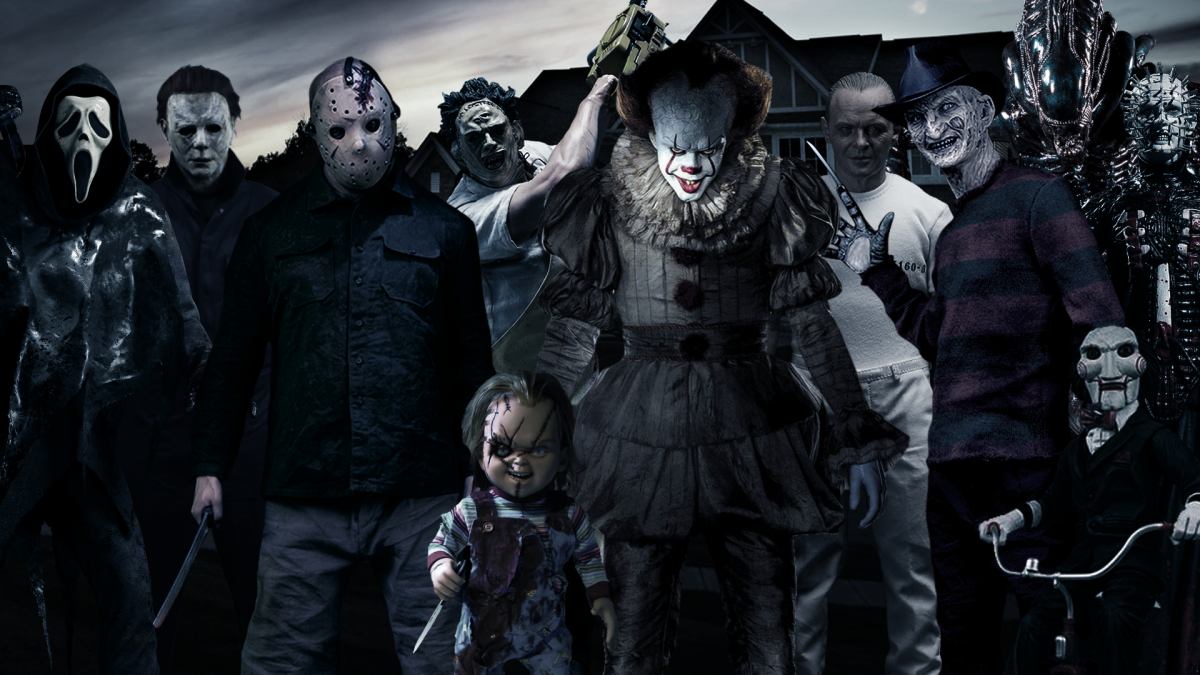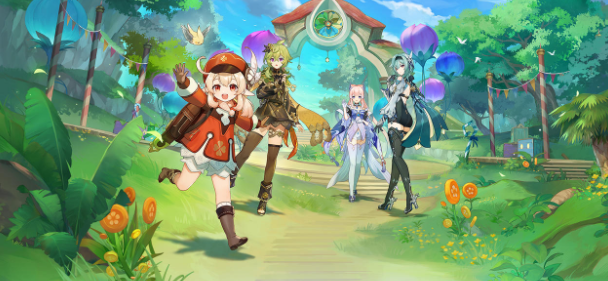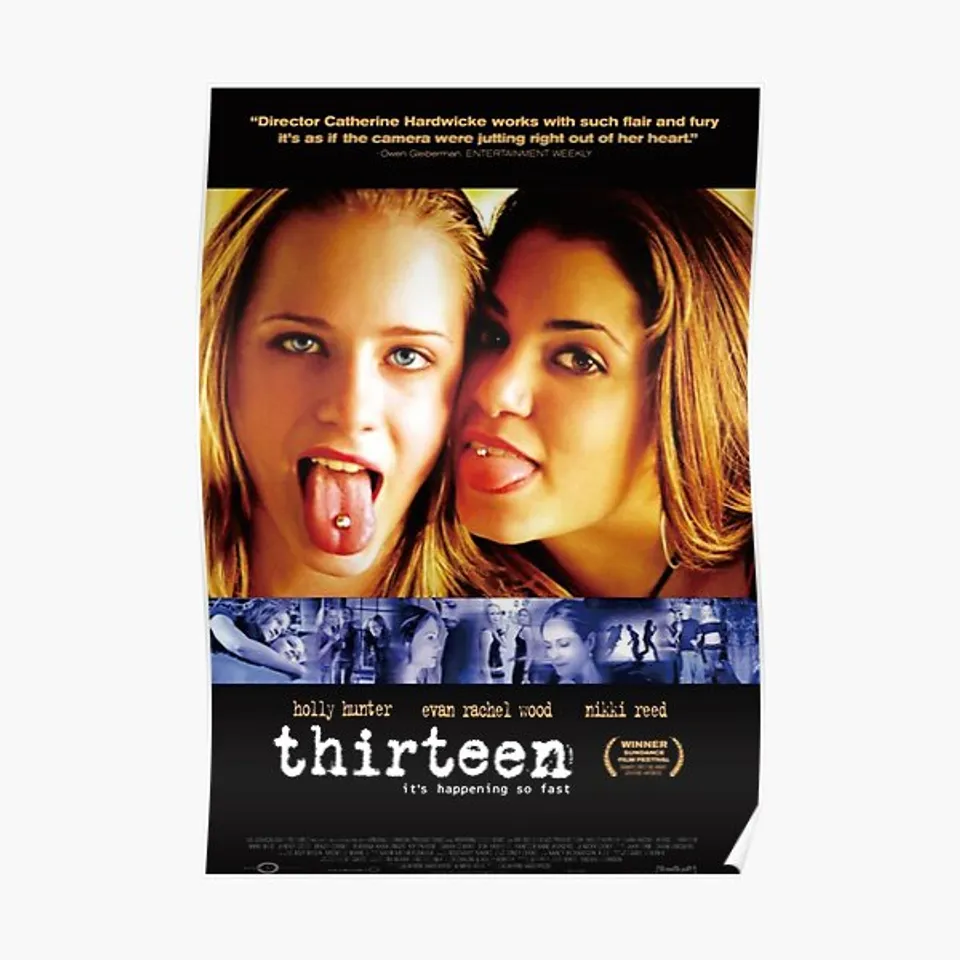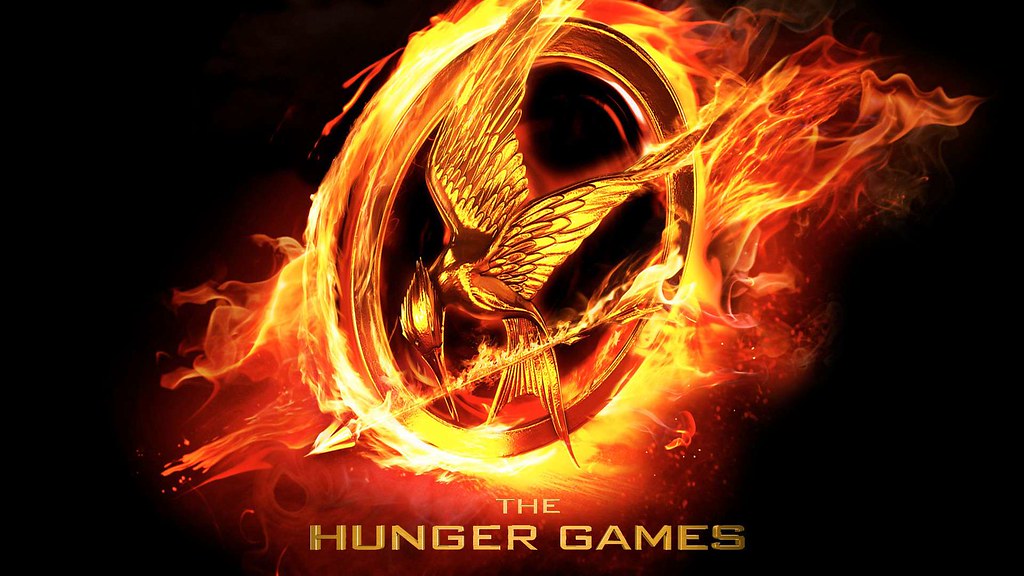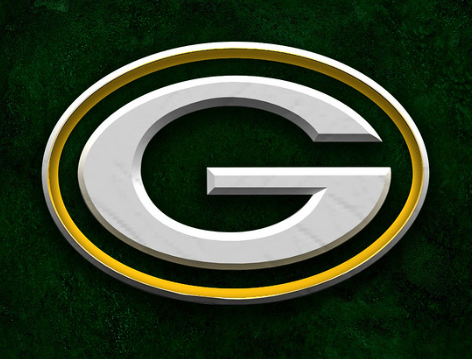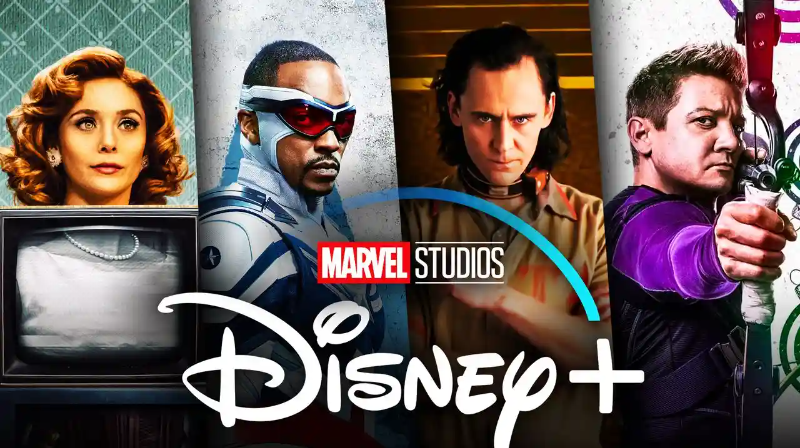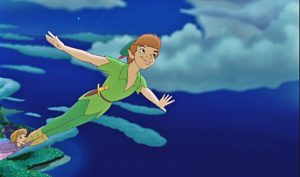Are spin-off shows a necessity?
September 30, 2022
As of late streaming services have exploded in popularity, and along with them, spin-off shows of beloved franchises have been getting churned out consistently over the past few years. Some have been well received by fans, but as of late, people have been getting burnt out with all the shows and becoming frustrated with new releases. Is all the hate deserved or are people simply overly scrutinizing these new additions? While many platforms have created spin-off series, the most talked-about example would be the shows on Disney+, when they very first started putting out shows like “The Mandolorian” or “Wandavision” they were met with overall positive reactions, with fans tuning in to stream every time a new episode was released. They made characters nobody paid much attention to before, and new characters, into fan favorites. Has Disney made too many in a short span of time causing the quality of the story to feel more artificial? Or perhaps it’s just a matter of too much too quickly causing fans to become less enthusiastic over essentially the same format.
One of the most blaring problems with the Marvel shows on Disney+ is that most of them have to somehow fit into the stories they want to release as movies. If people who don’t have a Disney+ subscription watch the movies they’re going to be missing context on certain characters’ motivations, who they are, or even why they’re there to begin with. For example, when “Dr. Strange: Multiverse of Madness” came out it portrayed Wanda as a villain, Wanda, in the past, has always been portrayed as someone with good morals and being incredibly sympathetic. In an older movie, “Captain America: Civil War”, Wanda had expressed immense guilt for the people she had indirectly hurt; in Multiverse of Madness, she was suddenly the main antagonist who didn’t care about who she had to take out to get to her goal. People who don’t own Disney+ probably haven’t seen Wandavision, they wouldn’t fully understand the grief she’s gone through and the new motivation she has to get back her children she had only for a short period of time before losing them.
“Moon Knight”, a Marvel show that came out a little later, was one that a multitude of fans seemed to enjoy, putting aside the budding distaste for all the shows coming out. It was praised for how disconnected it felt from the universe. All of the others like “Loki” and “The Falcon and the Winter Soldier” were playing up to be incorporated into coming onto the big screen; the main antagonist in Loki is going to be used in an upcoming film, and the Falcon having a more prominent role being the new Captain America in future films. Moon Knight gave back nostalgia of older Marvel movies, when there wasn’t a reliance to bring in an audience with the promise of crossovers with other widely loved superheroes, or trying to do something bigger and better than the last. It was simply his origin story of becoming a hero without the help of preexisting established characters within the franchise.
At the end of the day, the necessity of spin-off TV series is for producers to decide, but the importance of said media is up for consumers to debate.





























